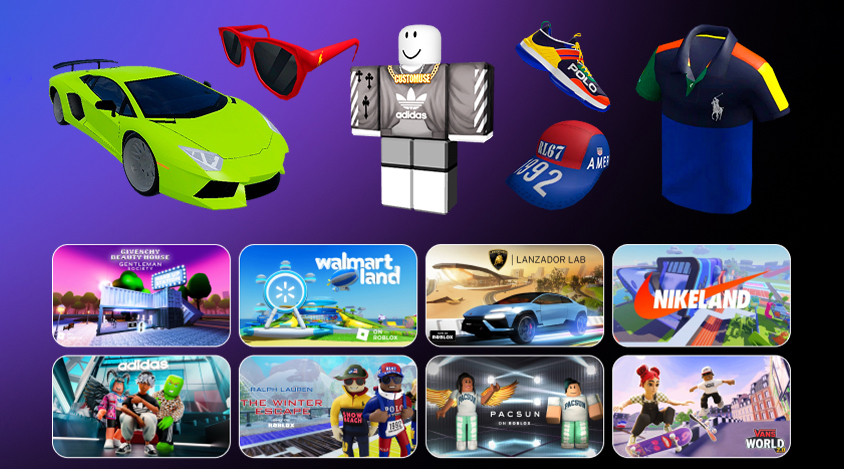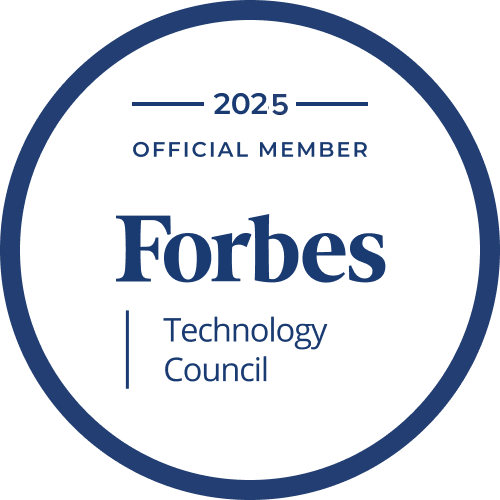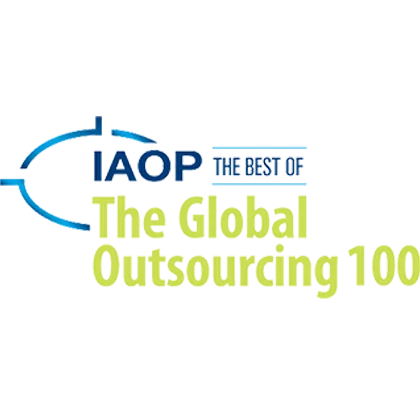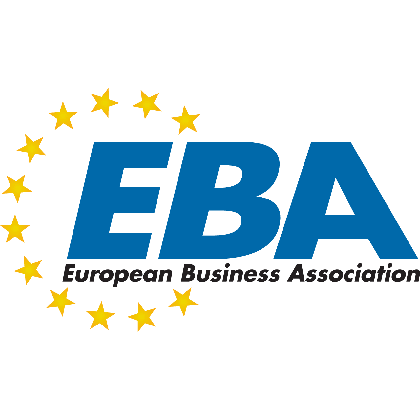The metaverse emerges as a groundbreaking platform for executing marketing strategies, establishing itself as a virtual environment where users engage through avatars for immersive experiences. This shift comes at a time when the effectiveness of conventional marketing channels is diminishing, prompting brands to seek out innovative ways to connect with their audiences. A fusion of augmented reality (AR), virtual reality (VR), and digital innovation unfolds within the metaverse, offering a transformative approach to brand interaction and consumer engagement.
Integrating marketing strategies within the metaverse is proving to be significantly more effective than traditional methods, drawing attention to its potential to redefine the marketing landscape. Partnering with a metaverse development company like Program-Ace can be a game-changer for businesses aiming to capitalize on this trend. Such collaborations facilitate the creation of immersive, engaging marketing campaigns that resonate with the metaverse audience, ensuring a memorable brand experience.
By adopting a metaverse-centric marketing strategy, companies can not only enhance their visibility but also establish a more profound, interactive relationship with their target demographic. Through tailored, immersive experiences and storytelling within the metaverse, brands have the opportunity to engage with consumers on a deeper level, setting a new standard for digital marketing excellence.
What Is the Metaverse in Marketing?
In marketing, the metaverse represents a digital frontier where interactive, three-dimensional environments facilitate brand-consumer engagement beyond traditional media boundaries. Metaverse marketing transcends conventional strategies by leveraging immersive virtual spaces where users, through avatars, can interact with products, services, and each other in real-time, dynamic scenarios.
A core component of a metaverse marketing strategy involves creating branded experiences that are not only engaging but also memorable and interactive, allowing consumers to explore, connect, and engage with brands in a more profound and personal manner. These strategies are designed to tap into the metaverse's capacity to foster a sense of community and shared experience among users, enhancing brand loyalty and consumer satisfaction.
Furthermore, metaverse marketing strategies often incorporate elements of gamification, virtual and augmented reality, and real-time social interactions, offering marketers innovative ways to showcase products and services. By doing so, they captivate the audience's attention and drive deeper emotional connections with the brand.
Implementing marketing strategies within the metaverse also demands a keen understanding of the platform's unique dynamics, including its user base, technological capabilities, and cultural norms. Successful metaverse marketing strategies are tailored to the specific characteristics and preferences of the metaverse audience, ensuring that marketing efforts are both relevant and resonant.
As brands venture into the metaverse, integrating marketing strategies within these virtual spaces becomes crucial for achieving competitive differentiation and building lasting relationships with consumers. With its vast and ever-expanding digital landscapes, the metaverse offers unparalleled opportunities for innovative marketing, setting the stage for the next evolution of brand-consumer interaction.
Metaverse Marketing vs. Traditional Marketing vs. Digital Marketing

The evolution of marketing strategies to align with emerging technologies and shifting consumer preferences has become imperative. The foundational elements of traditional marketing, which include print advertisements, television spots, and outdoor billboards, have historically played a pivotal role in brand promotion efforts. These conventional approaches are designed to maximize exposure, striving to garner the attention of a broad audience segment in the hope of converting a fraction into loyal customers.
With the advent of the digital revolution, an array of new promotional channels has surfaced. Social media platforms, search engine optimization, mobile applications, influencer partnerships, and video blogging have unveiled novel avenues for brand outreach. These digital tools enable marketers to target specific demographics with tailored messages, enhancing the precision of marketing campaigns. The ubiquity of mobile technology further enriches this landscape, providing brands with valuable insights into consumer behavior and preferences through data analytics.
However, the surge in digital marketing initiatives has led to an intensely competitive environment. The digital space is now inundated with advertisements, resulting in a phenomenon known as "banner blindness," where consumers subconsciously ignore ad content. This saturation necessitates a more inventive and nuanced approach for businesses aiming to capture and retain consumer interest amidst a sea of digital noise.
The introduction of the metaverse marks a significant milestone in the evolution of digital marketing strategies. Marketing within the metaverse transcends traditional and digital methods by utilizing the expansive and interconnected virtual environments unique to the metaverse. What sets metaverse marketing apart is its ability to transform passive audiences into active participants.
Unlike the one-dimensional interaction with conventional advertisements, metaverse marketing immerses consumers in vibrant, branded virtual worlds where they can engage, interact, and contribute to the brand narrative. This paradigm shift from static to dynamic interaction deepens consumer engagement, offering a level of immersion and personalization that was once considered unattainable.
By exploring what is metaverse marketing, brands can discover innovative ways to weave their narratives into the fabric of the metaverse, creating memorable experiences that resonate with their audience on a profound level. Such a strategic approach elevates brand visibility and fosters a sense of community and co-creation, setting a new benchmark for marketing excellence in the digital age.
Let’s compare the main differences between traditional, metaverse, and digital marketing.
| Aspect | Traditional Marketing | Digital Marketing | Metaverse Marketing |
| Medium | Print, Radio, TV | Websites, Social Media | 3D Virtual Worlds |
| Interactivity | Limited | Interactive | Highly Immersive |
| Reach | Local/National | Global | Global & Beyond |
| Engagement | Passive | Active | Deeply Engaging |
| Customization | Generalized | Customizable | Hyper-personalized |
| Metrics & Analytics | Basic tracking | Detailed analytics | Real-time, In-depth |
| Cost | Variable | Cost-effective | Investment-heavy |
| Adaptability | Fixed campaigns | Flexible campaigns | Dynamic experiences |
Why Are Brands Using the Metaverse for Marketing Purposes?
The emergence of the metaverse is revolutionizing the marketing approach, presenting unparalleled opportunities for brand engagement through its advanced features. This digital frontier offers an interactive platform where brands can connect with their audiences in previously unimaginable ways, marking a significant shift in promotional tactics.
Engagement through Interactivity
In the metaverse, the traditional concept of audience engagement is transformed. Users transition from mere spectators to active participants within brand stories, allowing for the creation of deeply immersive experiences. Such interaction fosters a stronger emotional bond between the brand and its consumers.
For instance, a product launch within the metaverse becomes an experiential event, enabling users to explore and interact with the product in a dynamic and real-time setting, thus elevating the standard marketing event into a memorable virtual journey.
Unbounded Global Access
One of the most striking aspects of the metaverse is its disregard for geographical limitations. Brands can orchestrate virtual gatherings that can be accessed by an international audience simultaneously, breaking down the barriers of physical location and opening up a global stage for brand exposure.
This aspect of the metaverse provides a strategic advantage in reaching a broad and diverse audience without the logistical complexities associated with physical events.
Creativity Unleashed
The metaverse serves as an expansive canvas for creative expression, allowing brands to design unprecedented experiences. The possibilities for innovation are boundless, from virtual fashion runways to immersive product demonstrations. These crafted experiences can be customized to align with individual preferences, offering a level of personalization in brand interaction that sets a new benchmark in consumer engagement.Instantaneous Feedback Mechanism
The interactive essence of the metaverse facilitates a direct channel for feedback. Brands can observe and analyze consumer reactions in real time, capturing insights from virtual interactions and engagements. This immediate feedback mechanism is invaluable for adjusting marketing strategies dynamically, ensuring they remain resonant and effective.Economic Opportunities and Sustainability
The metaverse introduces novel economic paradigms, providing brands with diverse avenues for monetization, including virtual merchandise, digital real estate, and non-fungible tokens (NFTs). These opportunities present a complement to traditional revenue streams, broadening the economic landscape for brands.
Moreover, the virtual nature of metaverse events offers a sustainable alternative to physical gatherings, aligning with the growing emphasis on environmental responsibility. The reduction in travel and physical merchandise production associated with metaverse events contributes to a lower carbon footprint, presenting an eco-friendly option for brand promotions.
Positioning for the Future
As the integration of digital and physical realities continues to evolve, the metaverse is poised to become a central element in our daily lives. Brands that establish a foothold in the metaverse now are strategically positioning themselves for success in a digitally integrated future.
The metaverse presents a synergy of engagement, innovation, and global reach, making it an enticing avenue for marketing endeavors. While traversing this new territory comes with its set of challenges, the potential benefits are substantial. By partnering with experienced entities that offer metaverse consulting, such as Program-Ace, brands can skillfully craft and implement metaverse marketing strategies that redefine the landscape of brand promotion, securing a competitive edge in the digital age.
Common Metaverse Marketing Challenges
The metaverse holds vast opportunities for marketers eager to explore new frontiers, yet it also introduces a complex array of challenges that demand meticulous attention and strategic planning for the successful execution of marketing campaigns.
Technical Intricacies. At the core of metaverse marketing lies the creation and maintenance of virtual spaces, a task that extends beyond mere aesthetics to encompass functionality, accessibility, and seamless user experiences. This requires expertise in advanced 3D modeling, real-time rendering techniques, and ensuring compatibility across a wide range of devices to meet the increasing expectations of users for more lifelike and immersive environments.
The metaverse operates around the clock, necessitating a resilient infrastructure and continuous oversight to maintain the operational integrity of these digital domains, ensuring they remain accessible and engaging at all times.
Ensuring Brand Consistency. Maintaining a consistent brand image within the expansive and decentralized metaverse poses a significant challenge. Every digital touchpoint, from virtual events and branded spaces to interactions with avatars, must genuinely reflect the brand's core values, aesthetic, and messaging. Achieving this consistency is crucial for ensuring that the audience's experiences in the virtual world are in harmony with the brand's established reputation in the physical domain.
Any discrepancy, be it through an inconsistent avatar design or an event that doesn't align with the brand's identity, can lead to confusion among the audience and potentially tarnish the brand's image.
Adapting to a Dynamic Environment. The metaverse's environment is characterized by rapid evolution, with platforms, technologies, and user preferences continually changing. A marketing strategy that resonates with audiences today may become obsolete tomorrow. Brands venturing into metaverse marketing must exhibit agility, be ready to embrace new technologies or platforms and pivot in response to changes in user behavior or platform regulations.
Addressing Privacy and Security. Privacy and security emerge as paramount concerns on the internet, especially within the metaverse. The metaverse's digital spaces are susceptible to cyber threats, making establishing stringent security measures a top priority for brands. Furthermore, the detailed tracking of user behavior within the metaverse raises ethical considerations regarding data collection.
Despite these challenges, the hurdles associated with metaverse marketing are still within overcoming. With a profound comprehension of the metaverse's intricacies, a dedication to continuous innovation, and leveraging the expertise of seasoned partners, brands can craft effective metaverse marketing strategies. This approach enables them to surmount the obstacles presented by this emerging digital landscape, thereby unlocking the full potential of marketing within the metaverse.
The Main Metaverse Marketing Strategies You Can Use for Your Company
The metaverse presents an exciting frontier for innovative marketing strategies, allowing brands to blend digital and physical experiences in unprecedented ways. As the distinction between online and offline worlds becomes increasingly indistinct, businesses are compelled to explore and capitalize on these novel opportunities to maintain a competitive edge. Implementing strategic marketing within the metaverse can significantly transform how brands interact and engage with their target audiences.
- Innovative Brand Experiences in Virtual Domains. One of the cornerstone strategies in the metaverse is the creation of branded virtual environments or events. These digital spaces allow brands to embody their aesthetic and core values in uniquely designed realms. Within these spaces, companies can host various events, ranging from live concerts to comprehensive conferences, inviting users to immerse themselves in a fully branded narrative.
For example, a fashion label can curate a virtual runway event, showcasing their latest collections within an engaging 3D space, thus providing a novel perspective on traditional fashion presentations. - Strategic Collaborations with Virtual Influencers. The emergence of virtual influencers in the metaverse mirrors the impact of influencer marketing on social media, offering new pathways for brand collaboration. These digital personas wield significant influence within virtual communities, making partnerships with them a strategic move for brands looking to amplify their message and extend their reach within the metaverse.
- Exclusive Digital Offerings and NFT Integration. Blockchain technology has paved the way for Non-Fungible Tokens (NFTs), unique digital assets authenticated through blockchain. Brands can leverage this technology to offer exclusive digital content, artworks, collectibles, or virtual merchandise as NFTs, providing their audience with unique and valuable assets that enhance brand engagement and loyalty.
- Revolutionizing Product Launches with Virtual Showcases. Transforming traditional product launches into immersive virtual experiences represents another key strategy within the metaverse marketing playbook. Brands can introduce their new products in detailed 3D environments, allowing users to interact with, explore, and even simulate using these products within various virtual settings. This interactive and immersive approach fosters a deeper connection and understanding of the product, enriching the customer experience.
- Enhancing Customer Experience with AR/VR Integration. Integrating augmented reality and virtual reality technologies into the metaverse marketing strategies offers brands innovative ways to provide product trials. For instance, a furniture brand might enable customers to place furniture items virtually in their actual living spaces using AR technology. Alternatively, an automobile manufacturer could offer virtual test drives through fantastic or realistic landscapes, enhancing the pre-purchase experience for potential buyers.
In essence, the metaverse serves as a dynamic and expansive platform for brands to explore new dimensions of customer engagement and marketing innovation. By adopting and integrating these metaverse-centric marketing strategies, businesses can elevate their marketing campaigns and solidify their presence on the market. Collaborating with experienced partners adept in managing the intricacies of the metaverse, such as Program-Ace, can streamline the process of implementing these advanced marketing strategies, ensuring brands successfully tap into the metaverse's vast potential.

The Overview of the Major Metaverse Platforms for Marketing
The metaverse represents not just a single entity but a diverse array of platforms, each with unique features and opportunities. For those in the marketing field, gaining a deep understanding of these varied platforms is essential for developing nuanced and impactful metaverse marketing strategies.
Meta Horizon Worlds. Within Meta's immersive social virtual reality environment, brands can orchestrate virtual events, conduct workshops, or create interactive experiences that resonate with their audience. Horizon offers detailed insights into audience engagement and metrics seamlessly integrated within the extensive Meta ecosystem, providing a rich foundation for targeted marketing efforts.
Fortnite. Transcending its origins as a mere video game, Fortnite has burgeoned into a veritable cultural hub renowned for its virtual concerts and collaborative brand ventures. Its expansive user base, coupled with sophisticated event-hosting capabilities, renders Fortnite an exceptionally powerful channel for crafting immersive experiential marketing initiatives that captivate and engage.
Roblox. As a platform that empowers users to design and engage with user-generated content, Roblox has become a fertile ground for brands. Here, companies can unveil virtual merchandise, orchestrate events, or even develop branded gaming experiences. Targeting a predominantly younger audience, Roblox offers direct access to a vital demographic, making it a strategic choice for brands aiming to connect with this segment.
Decentraland. This decentralized virtual world allows users to buy, develop, and trade virtual land parcels. Brands can leverage this space to establish virtual storefronts, organize events, or curate interactive exhibitions, engaging with the community in a space governed by its users. Since the very release, Decentraland has gained sufficient popularity, establishing the bar of high quality among the renowned blockchain-based projects.
Somnium Space. AThis open, social VR platform offers endless possibilities for user engagement, including land acquisition, construction, object importation, and various monetization opportunities. Marketers can utilize this space for hosting immersive VR meetings, innovative product launches, or extensive virtual expos, tapping into the platform's vast potential for brand activation.
Cryptovoxels. Operating on the Ethereum blockchain, Cryptovoxels presents a unique virtual world where brands can acquire land, establish virtual art exhibitions, or conduct events. Its blockchain foundation makes it especially appealing for brands interested in exploring the realms of NFTs and cryptocurrency-based promotions, offering a niche but rapidly growing audience.
AltspaceVR. As a social VR platform, AltspaceVR facilitates a range of virtual gatherings, from events and meetups to casual social interactions. Brands looking to engage with this platform's dedicated user base can host interactive talk shows, demonstrate products, or foster community meetups, making it a versatile tool for digital marketing.
VRChat. Known for its vast multiplayer online virtual reality social capabilities, VRChat allows for rich user interaction through 3D avatars. Brands can create bespoke worlds, stage memorable events, or partner with popular creators to produce compelling branded content, engaging with users in deeply personalized ways.
Selecting the most suitable platform is contingent upon a brand's specific marketing objectives, its target demographic, and the type of experience it wishes to offer. The full potential of metaverse marketing can be realized by strategically aligning a platform's unique features with a brand's marketing goals.
Discovering and capitalizing on the potential inside these different metaverse platforms may become a simplified and inventive process with the help of specialist partners such as Program-Ace, allowing companies to create engaging and effective metaverse marketing campaigns.
Top Examples of Metaverse Marketing
While still in its nascent stages, the metaverse has already seen some groundbreaking marketing campaigns. Brands ventured into this new industry have reaped significant rewards, setting benchmarks for others to follow.
Nike in Roblox

Nike launched "Nikeland" on Roblox, a virtual space where users could interact with the brand uniquely, from customizing avatars with Nike gear to participating in virtual events. This move increased brand engagement and tapped into a younger demographic in their native digital environment.
Gucci's Virtual Garden

Gucci unveiled a virtual garden in Roblox, allowing users to explore and purchase exclusive digital items. The campaign was a massive hit, with some items even being resold at higher prices, highlighting the potential of virtual goods.
Fortnite's Virtual Concerts

Epic Games, the company behind Fortnite, hosted virtual concerts featuring artists like Travis Scott and Marshmello. These events attracted millions of viewers, showcasing the vast reach of the metaverse and its potential for live events.
Balenciaga in Fortnite

Luxury fashion brand Balenciaga launched a collection within Fortnite, allowing players to dress their avatars in high-fashion outfits. This collaboration highlighted the convergence of luxury fashion and gaming.
Coca-Cola's Virtual Vending Machine
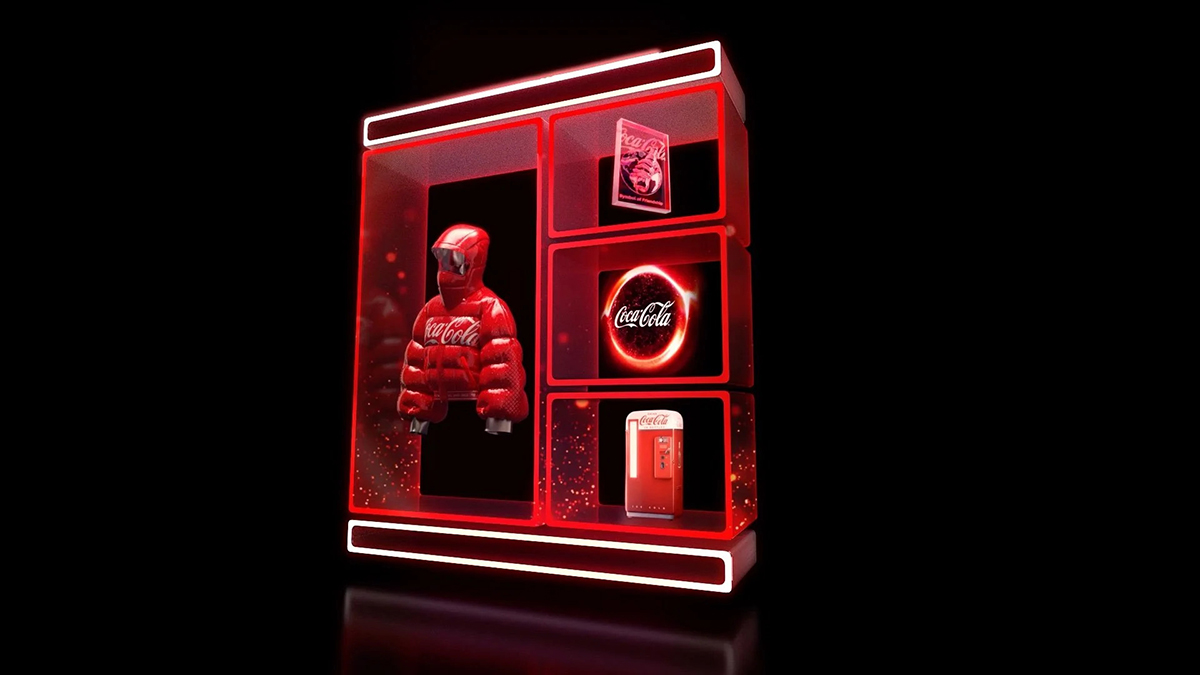
In a unique marketing move, Coca-Cola introduced a virtual vending machine in Decentraland, where users could buy and "drink" virtual Coca-Cola, blurring the lines between virtual and real-world brand interactions.
BMW's Virtual Car Launch
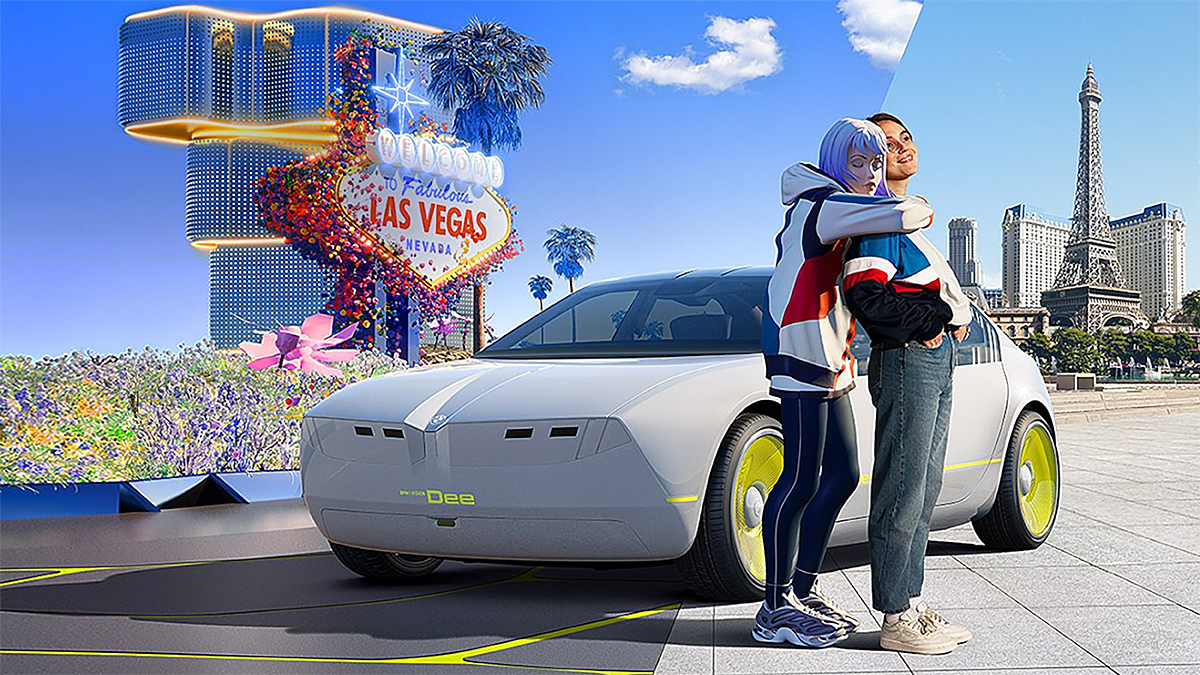
BMW unveiled its iX Flow car in a virtual world, allowing users to explore the vehicle, customize its features, and even take it for a virtual test drive.
These campaigns underscore the immense potential of digital marketing in the metaverse. The key takeaways? Brands must offer unique, engaging experiences that resonate with the platform's user base. Moreover, the metaverse allows for innovative monetization strategies, from selling virtual goods to hosting paid events. As more brands explore this space, the boundaries of what's possible will only expand.
Metaverse Event Design and Organizing Program

Recently, Program-Ace delivered a metaverse event platform that offers immersive experiences for up to 2,000 users. This solution expands audience reach, enhances user experiences, and opens new revenue streams, making it an innovative marketing tool.
How Will Metaverse Change Marketing in the Future?
Our experience with metaverse-powered projects shows that it is poised to reshape the very fabric of marketing. As we stand on the cusp of this new era, it's essential to understand the profound shifts that the metaverse in marketing brings.
In the further development of the metaverse, marketing won't just be about broadcasting a message; it will be about crafting immersive experiences. Brands will no longer be distant entities but will become integral parts of our virtual worlds. Imagine walking into a virtual store, trying out products in real time, attending a brand's event in a fantastical digital landscape, or even interacting with brand representatives in the form of avatars.
Hyper-personalization will be the norm. With the vast data the metaverse can collect, brands will have insights into individual preferences like never before. This will allow marketing campaigns to be tailored to the minutest of details, ensuring that every interaction is meaningful and resonates with the user.
The convergence of realities will blur the lines between the physical and digital worlds. Augmented reality might overlay digital ads in our physical environment, while virtual spaces mirror real-world locations, creating a seamless blend of the two realms.
Artificial intelligence and machine learning will play pivotal roles in this evolution. These technologies will analyze user behavior, optimize virtual spaces for engagement, and even automate specific marketing tasks within the metaverse. The potential for AI-driven, real-time marketing adjustments based on user interactions is immense.
Moreover, the metaverse will democratize marketing. With user-generated content being a significant component, brands will have the opportunity to co-create with their audiences, fostering deeper connections and community-driven campaigns.
Overall, the metaverse heralds a future where marketing is not just a one-way communication but a dynamic, interactive, and profoundly personal dialogue. Brands that recognize and adapt to this shift will not only thrive but set the gold standard for the next generation of marketing.
Explore the Metaverse Capabilities with Program-Ace
As you can see, the metaverse impact on marketing is enormous, and we can only expect it to gain momentum in the near future. To be among the pioneers of metaverse marketing, you must gain a reliable partner who understands the metaverse’s intricacies and can guide you through them. Here is where Program-Ace can give you a hand.
With our three-decade legacy, Program-Ace, a software development company, stands at the forefront of metaverse innovation. Our expertise in AR/VR, Web3, and Blockchain positions us uniquely to guide brands through the evolving metaverse marketing landscape. Our track record of over 900 successful projects speaks volumes about our commitment to excellence and innovation.
Don't try out the vast expanse of the metaverse alone. Partner with Program-Ace and tame the full potential of this digital frontier. Contact us to co-create immersive, engaging, and transformative experiences to win your audience's attention.
